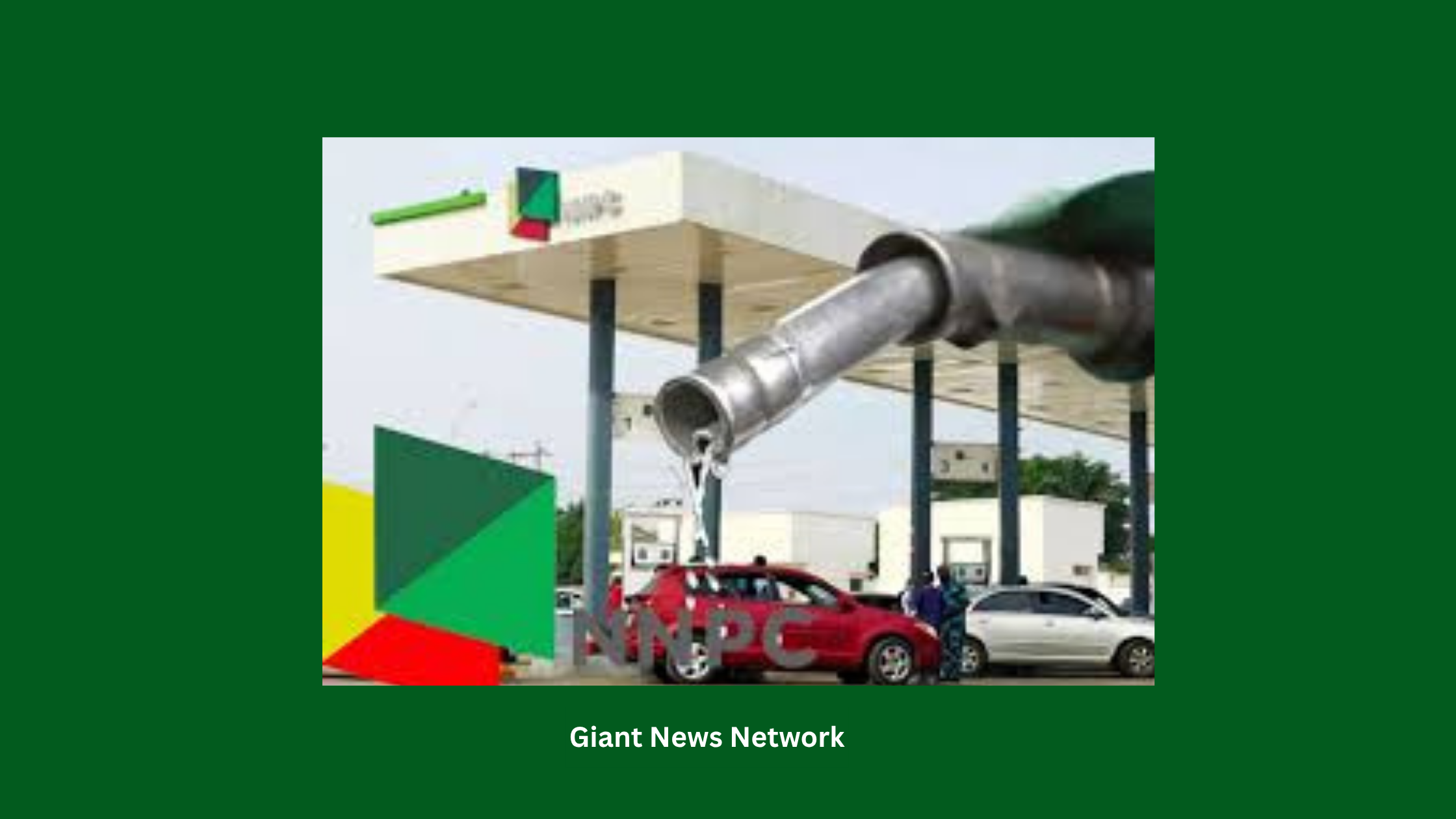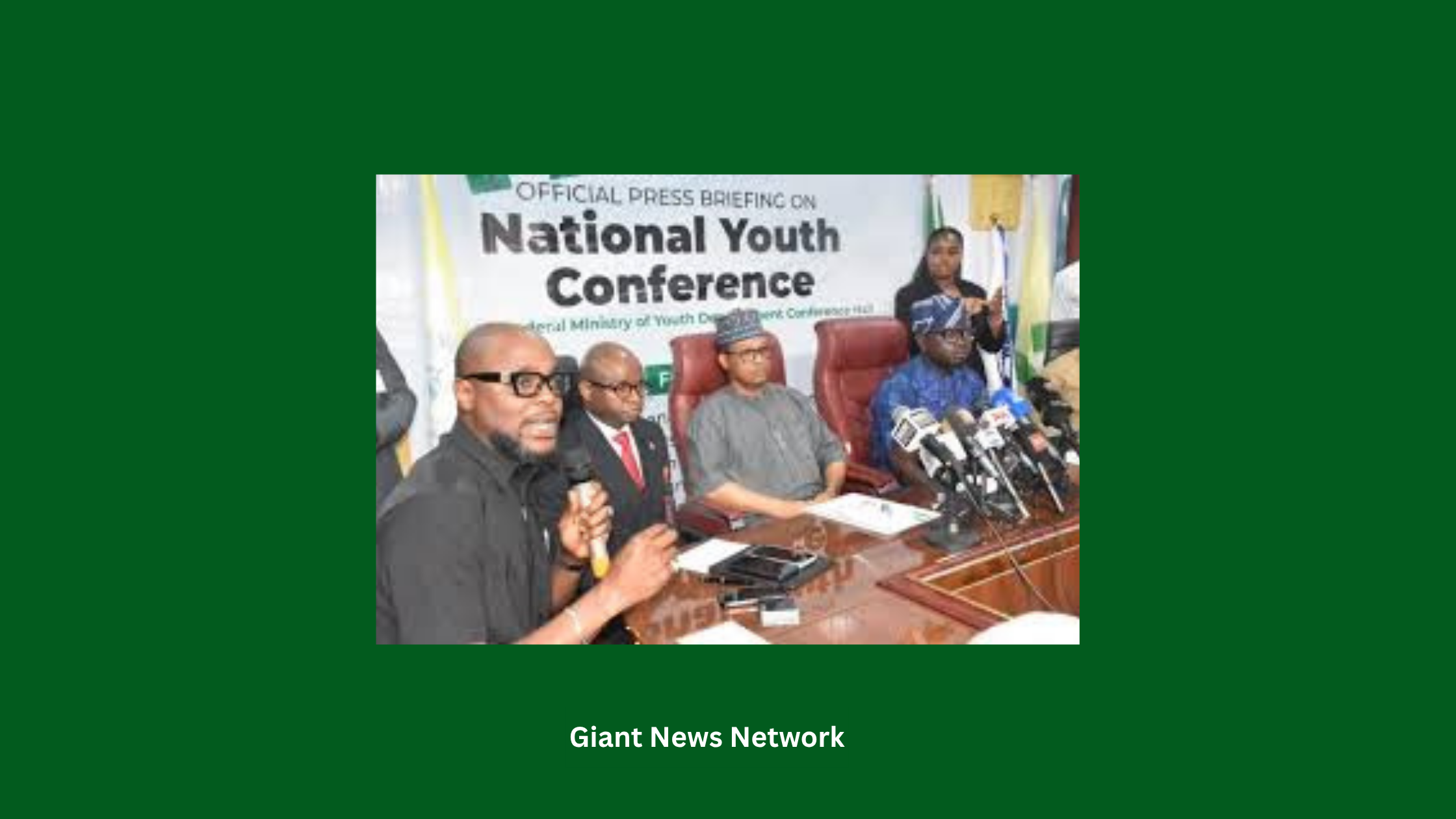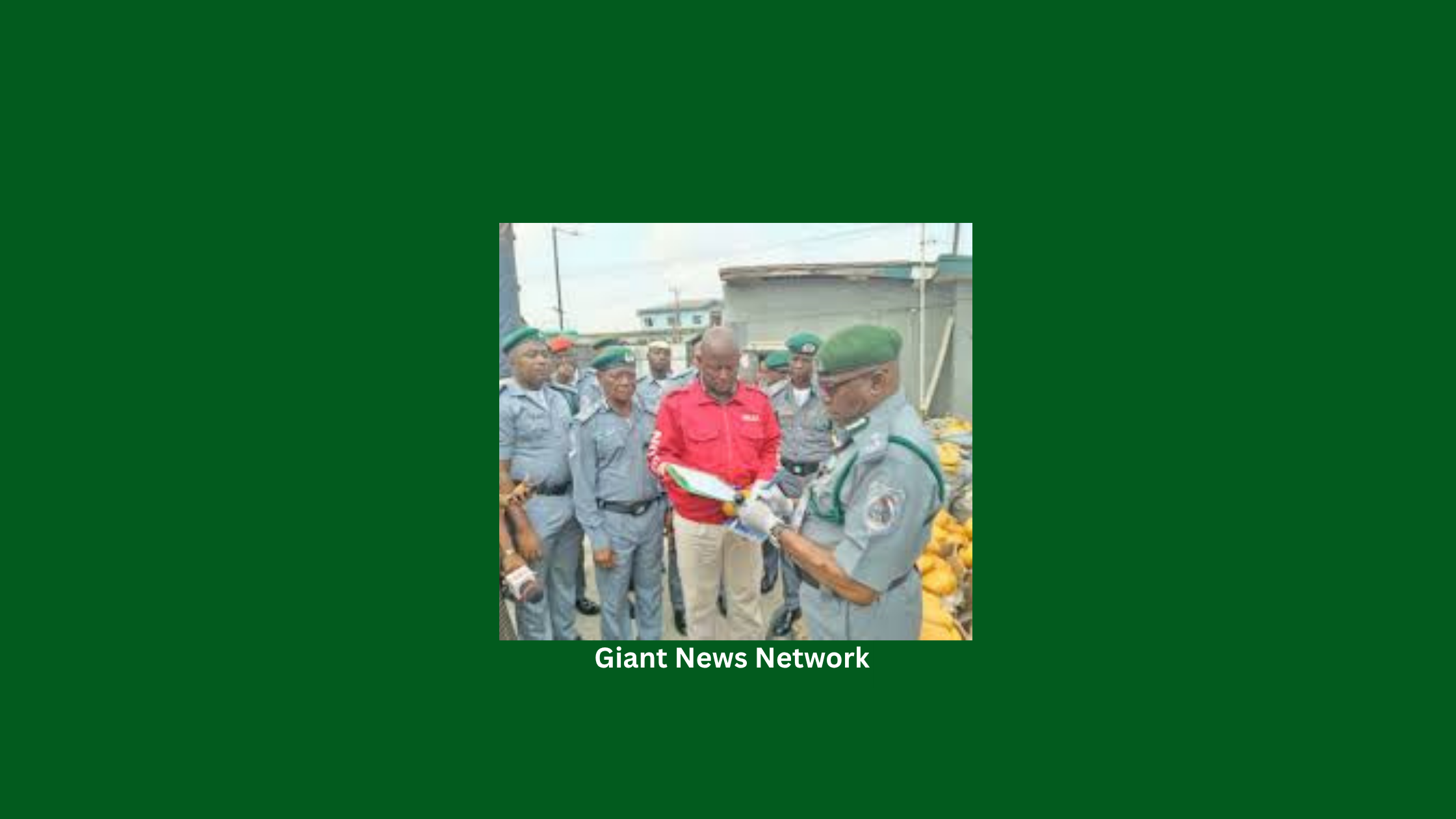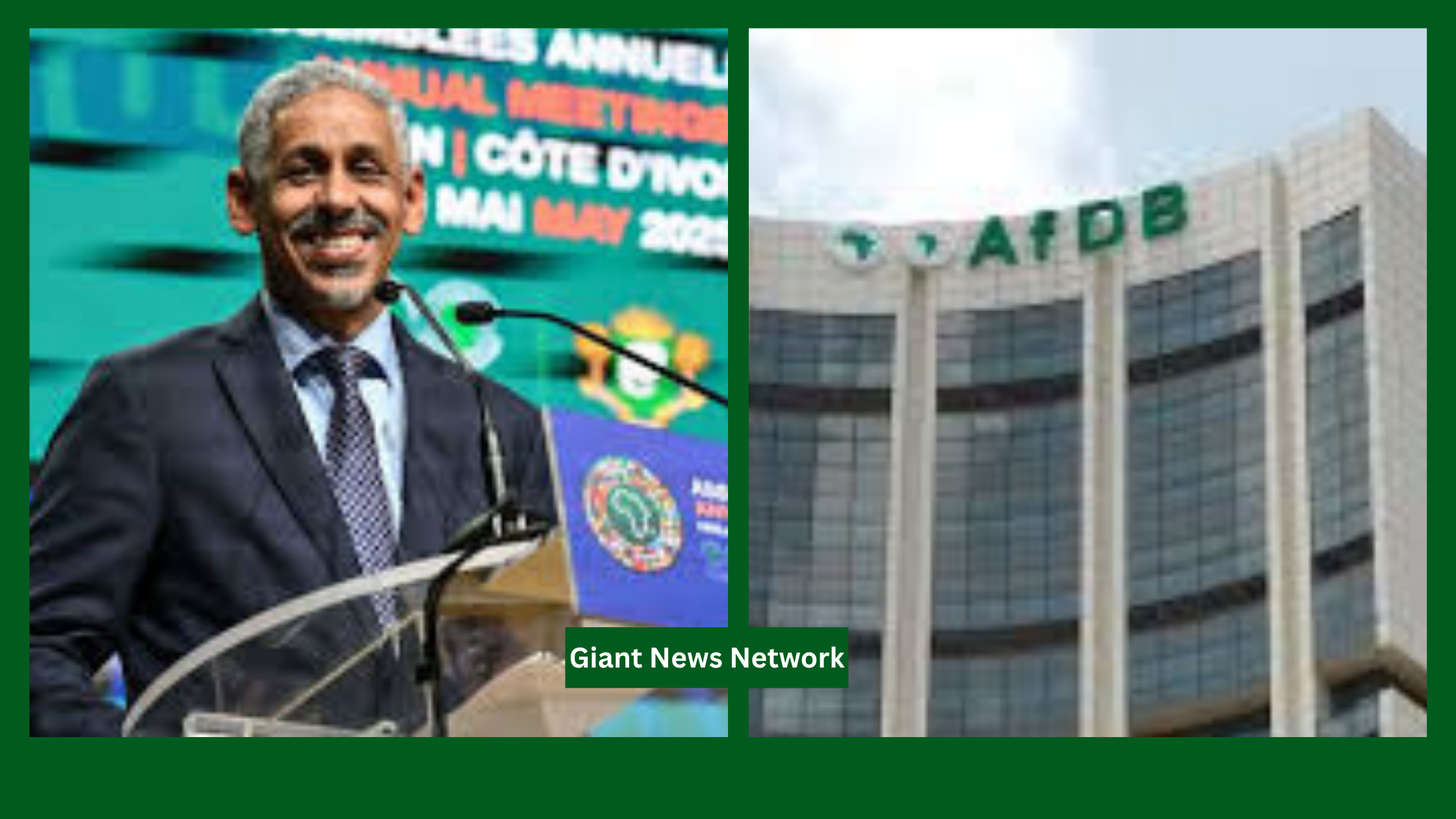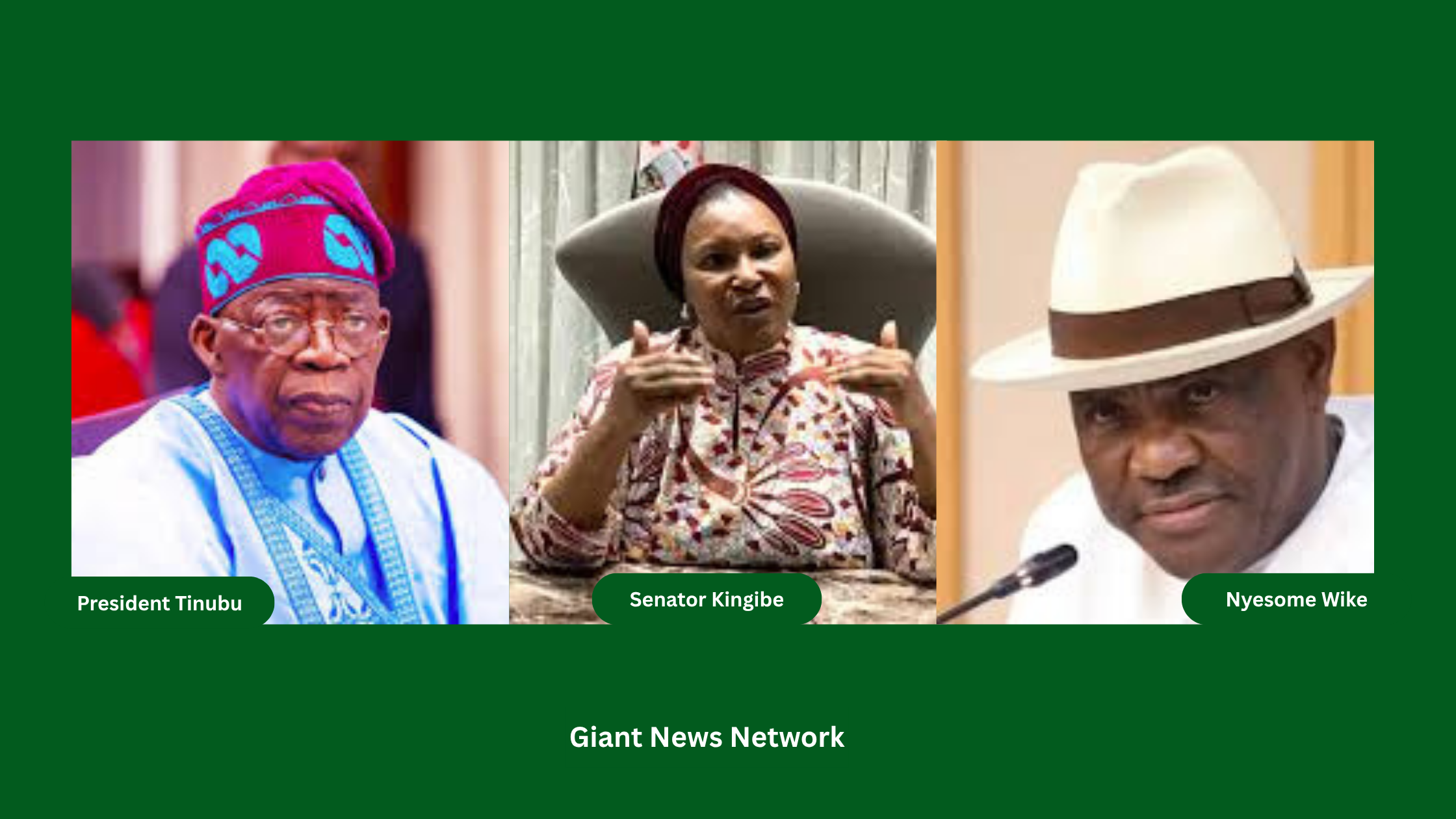In a fiery declaration of intent, the Nigeria Export Processing Zones Authority (NEPZA) and the House of Representatives Committee on Public Accounts have pledged to clamp down hard on Free Trade Zone operators who flout remittance and regulatory guidelines. This resolve came during a high-level oversight visit to the Dangote Refinery and Lagos Free Zone in Ibeju-Lekki, Lagos.
The tour, led by Public Accounts Committee Chairman Bamidele Salam, marks a bold shift from rhetoric to enforcement, as lawmakers and regulators promise to activate dormant rules and hit defaulters where it hurts—financial compliance.
Dr. Olufemi Ogunyemi, the Managing Director and CEO of NEPZA, did not mince words. In a statement signed by NEPZA’s Head of Corporate Communications, Martins Odeh, Ogunyemi signaled that the Authority is done tolerating partial compliance or under-the-table dealings. “We’ve reminded all operators—compliance is no longer optional. We will apply every regulation necessary to make sure what belongs to the Federation Account gets there,” he declared.
He added that while some zones and operators have been cooperative, NEPZA is now entering an “enforcement-first” era. “We’re done with just talking. It’s now about accountability, transparency, and fiscal justice.”
The inspection covered two of Nigeria’s most prominent economic engines—the Dangote Refinery and the Lagos Free Zone—both hailed as shining examples of industrial progress. But even as applause was given, a stern warning echoed through the corridors of power: No zone, no operator is above the law.
Chairman Bamidele Salam backed up NEPZA’s stance, urging not only compliance but equity. “We’ve seen industrial greatness here today. But let’s be clear—this scheme was created to ignite nationwide development, not just a few pockets of it. NEPZA must stretch this scheme across all regions,” he charged.
The committee emphasized that while it was impressed with the current scale of investment and activity in Lagos, it is unacceptable for inactive zones to continue hoarding licenses. “There are over 42 active zones and more than 500 licensed enterprises—yet many are idle. NEPZA must sanitize the system and pull the plug on these ghost zones,” Salam added.
As NEPZA shifts into high gear and legislators tighten oversight, the era of free rides within Free Trade Zones appears to be over. With the spotlight now fixed on remittance compliance and license accountability, underperforming operators may soon find themselves out of business—or in court.For now, all eyes remain on NEPZA to match words with action. Updates expected as enforcement kicks off.






